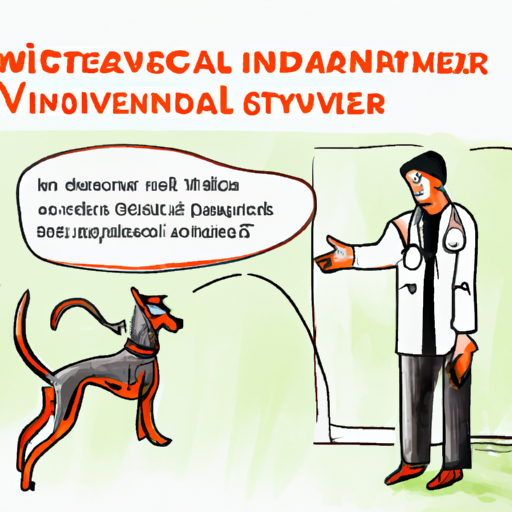As a caregiver, you’re always on the lookout for ways to protect and care for your beloved pets. One dangerous, yet often overlooked condition in dogs is twisted stomach, also known as Gastric Dilatation-Volvulus (GDV). Here’s how you can prevent it, and keep your furry friend happy and healthy.
Understanding the Risks
First, it’s important to understand the risks associated with GDV. This condition is most common in large breed dogs with deep chests, such as Great Danes, German Shepherds, and Standard Poodles. However, it can occur in any dog. The risks increase if your dog:
- Eats rapidly
- Consumes one large meal a day
- Is elderly
- Has a family history of GDV
Recognizing the Symptoms
Recognizing the symptoms of GDV can be crucial in preventing a fatal outcome. These can include:
- Swollen or enlarged abdomen
- Restlessness or pacing
- Excessive drooling
- Rapid breathing
If you notice any of these symptoms in your dog, seek veterinary assistance immediately.
Changing Feeding Habits
One of the most effective ways to prevent GDV is by adjusting your dog’s feeding habits. Here are some tips:
- Feed your dog multiple small meals throughout the day instead of one large one.
- Avoid feeding your dog from a raised bowl unless specifically advised by a vet.
- Limit vigorous exercise before and after meals.
The Role of Surgery
In some cases, preventative surgery may be recommended by your vet, especially for breeds at high risk. This procedure, known as a gastropexy, secures the dog’s stomach to prevent it from twisting.
| Breed | Risk Level |
|---|---|
| Great Dane | High |
| German Shepherd | Medium |
| Standard Poodle | Medium |
Encouraging a Healthy Lifestyle
A healthy lifestyle can go a long way in preventing GDV. This includes regular exercise, a balanced diet, and regular vet check-ups. Remember, a healthy dog is a happy dog.
FAQ Section
Q: What breeds are most susceptible to GDV?
A: Large breeds with deep chests, such as Great Danes, German Shepherds, and Standard Poodles, are most at risk.
Q: Can small breeds get GDV?
A: Yes, while it’s less common, any breed can develop GDV.
Q: How many meals should I feed my dog each day?
A: It’s best to feed your dog multiple small meals throughout the day.
Q: Is GDV a medical emergency?
A: Yes, if you suspect your dog has GDV, seek veterinary assistance immediately.
Remember, your furry friend relies on you for their care and wellbeing. Keep these tips in mind to help prevent GDV and ensure your dog lives a long, healthy life.



